

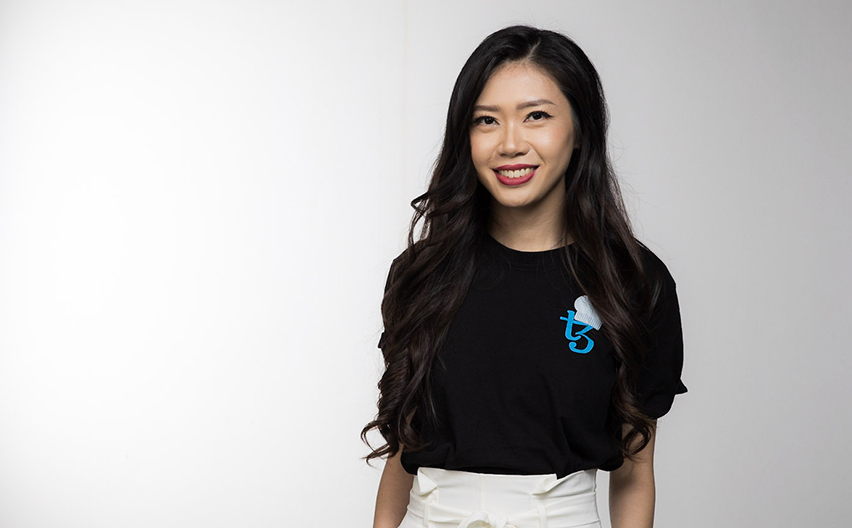
I started the social impact start-up Ministry For Good with two co-founders in June 2020, at the height of the COVID-19 pandemic in Singapore. Our shared vision was to serve humanity through deep tech initiatives to help the most vulnerable populations. Because, when we talk about equality, we need to think about everyone.
Though broader society is increasingly recognising the importance of equality through diversity, minority groups and vulnerable communities often don’t get to experience the world in the same way as ‘mainstream’ populations. Not only can they miss out on work and civic opportunities, but also the daily interactions that others may take for granted.
As an example of how our work has helped address this disparity, we created a spatial computing experience that allowed deaf Malaysians to feel auditory prayers during Hari Raya (the celebrations that mark the end of Ramadan) and incorporated reminiscence therapy with virtual reality for dementia patients, helping them bond with their caregivers by reliving shared virtual memories together.
Projects such as these, designed to help the vulnerable, have allowed us to show how technology can facilitate inclusion. Just because someone is deaf or has dementia doesn’t mean they shouldn’t enjoy meaningful everyday interactions, and it shouldn’t be the case for people with other forms of disability or disadvantage either, particularly given the rapid advancement of technology. We are witnessing a technological renaissance that can empower us as individuals and communities, giving us sophisticated tools to double down on what makes us human.
Right now, we are undergoing a transformational period in the advancements of artificial intelligence, blockchain, virtual reality, augmented reality and more. Accelerated by the pandemic, remote teams such as Ministry For Good are collaborating with other remote teams all over the globe on technology projects to help build an open and inclusive world. Inclusivity is not an easy path, but I believe it represents our best hope of creating a thriving future where the focus is not just on machines, productivity metrics and profits, but on what we can do for people.
Of course, technology is only one component of the push for inclusivity – widespread policy changes are also needed to support the movement. Across global capital markets, the winds of change are evident. Environmental, social and governance metrics are being prioritised, and more companies are making decisions based on what they believe is in the best interests of people of all colours, backgrounds and gender identities, as well as the planet.
As we live through these extraordinary times of fear, anxiety, devastation and loss of life caused by COVID-19, I have seen the love, generosity, goodness and kindness of others, which mirrors the reality that our generation is working towards for a sustainable and inclusive future. My hope is that Ministry For Good contributes to this movement – one where technology is central to creating an inclusive world.
By Katherine Ng, co-founder of Ministry For Good
This article first appeared in issue #90 of Trinity Today
Related News

A message from Professor Ken Hinchcliff
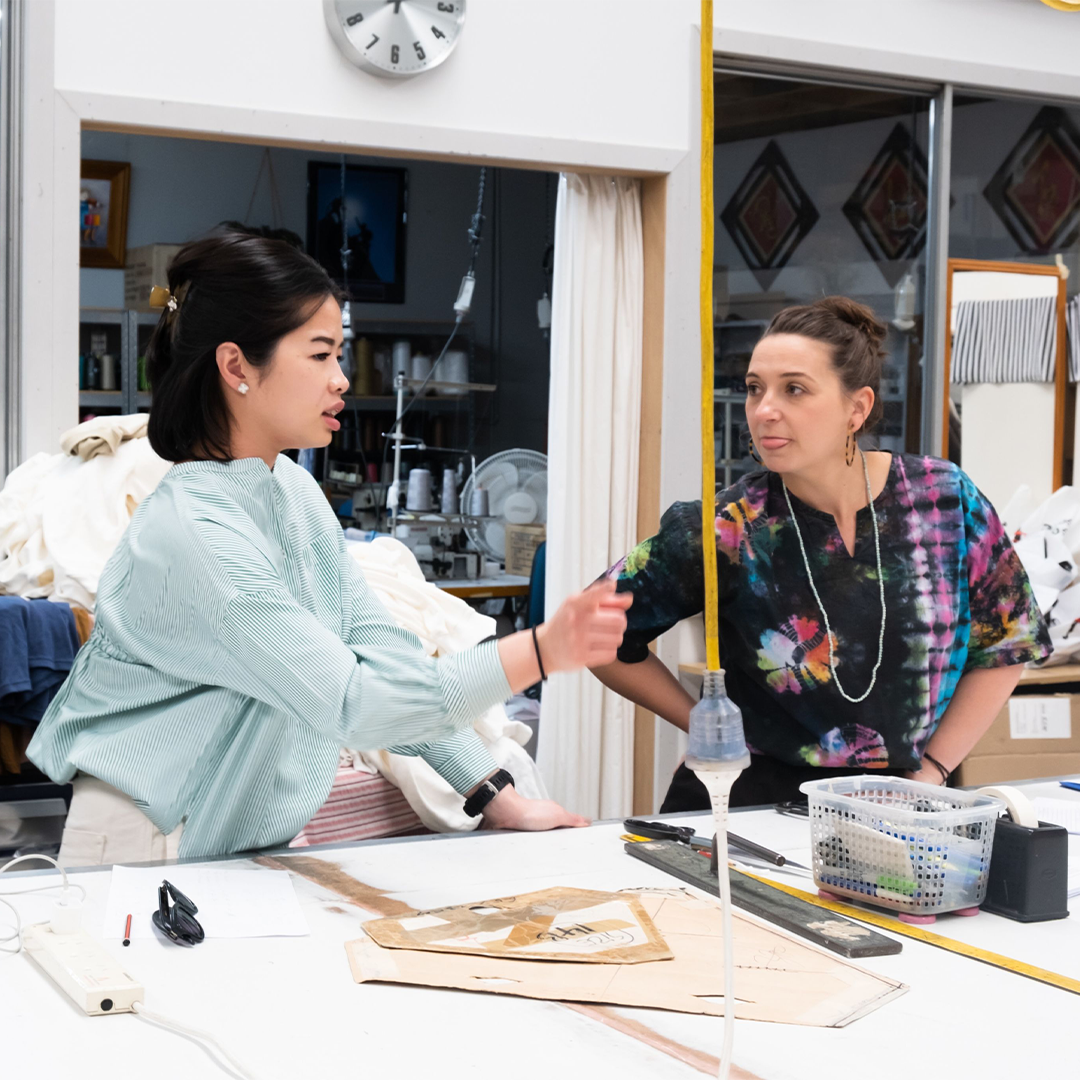
Quality over quantity: the environmental impact of our clothes

From little things: Trinity community members share their successful business strategies
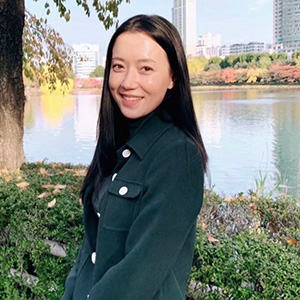
Meet FS teacher Kristin Vestermark

What's it like for an international student in Melbourne?
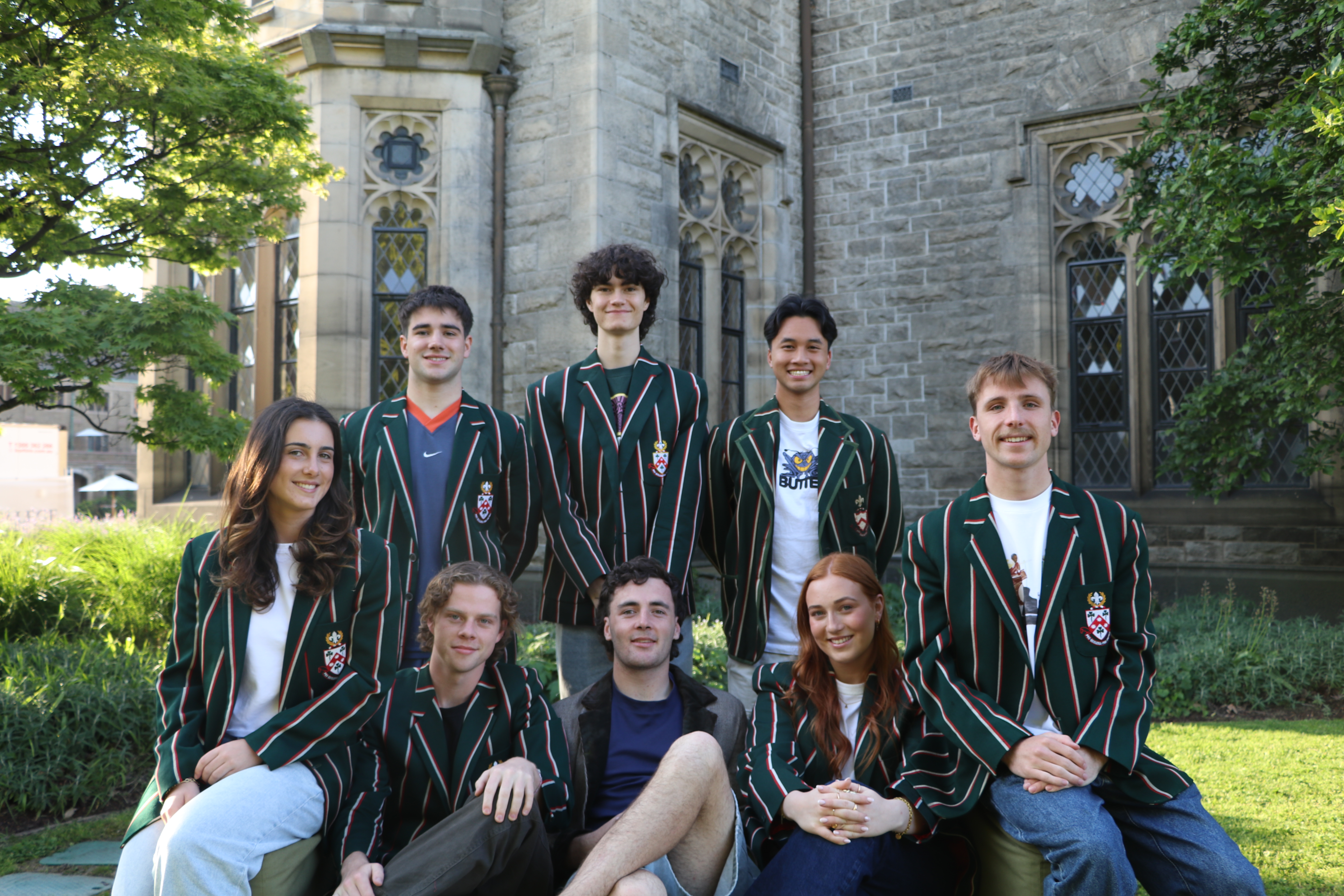
Meet our TCAC student committee for 2025
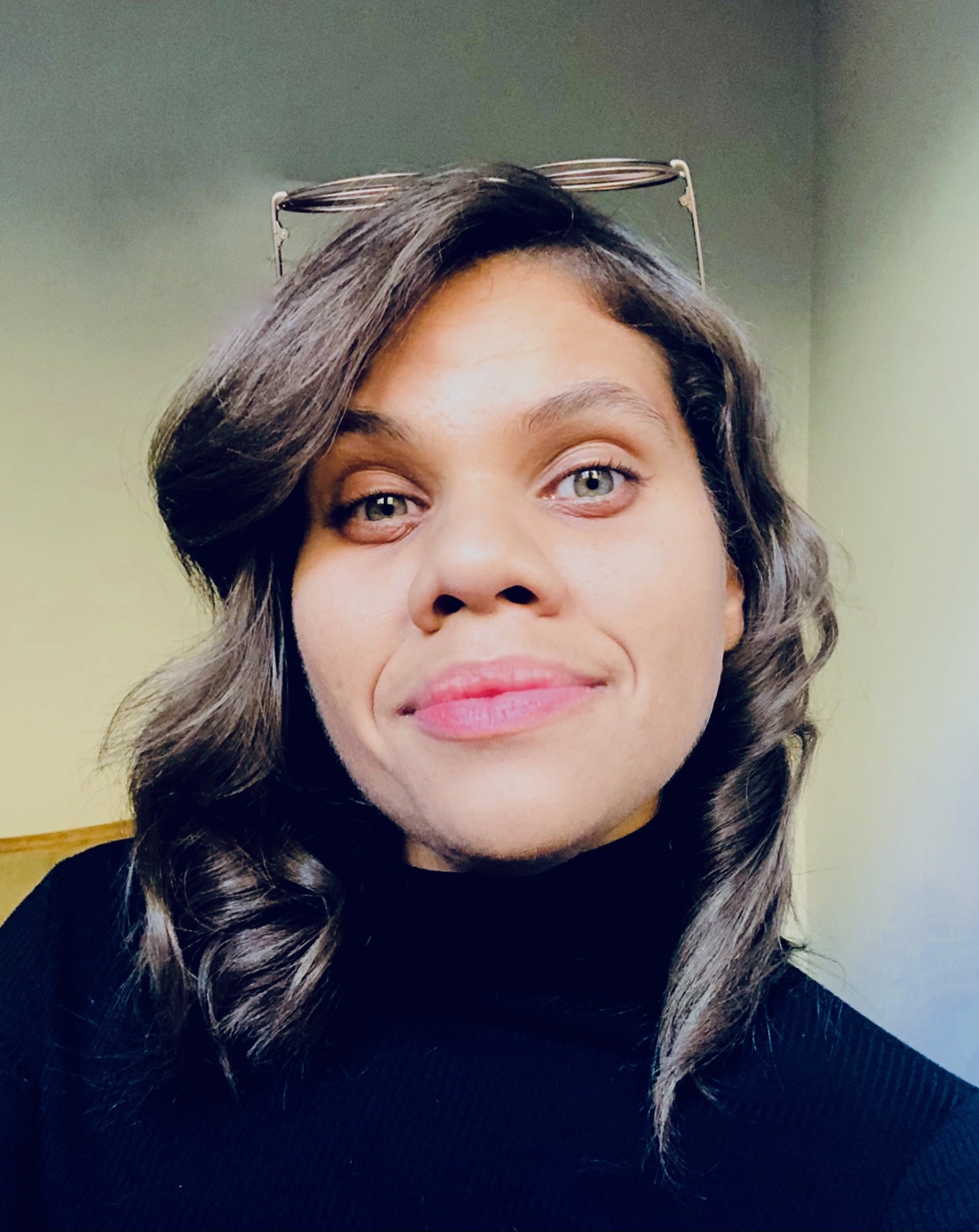
Nakata Brophy winner announced
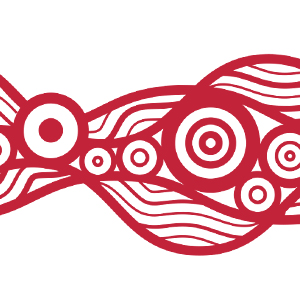
Nakata Brophy shortlist announced
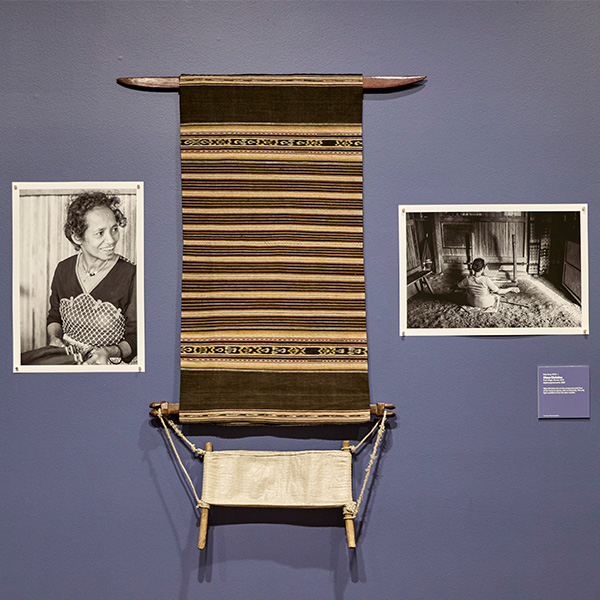
The fascinating story behind our latest exhibition: Tais, culture & resilience

Residential College student Ravin Desai shares his passion for politics and journey at Trinity
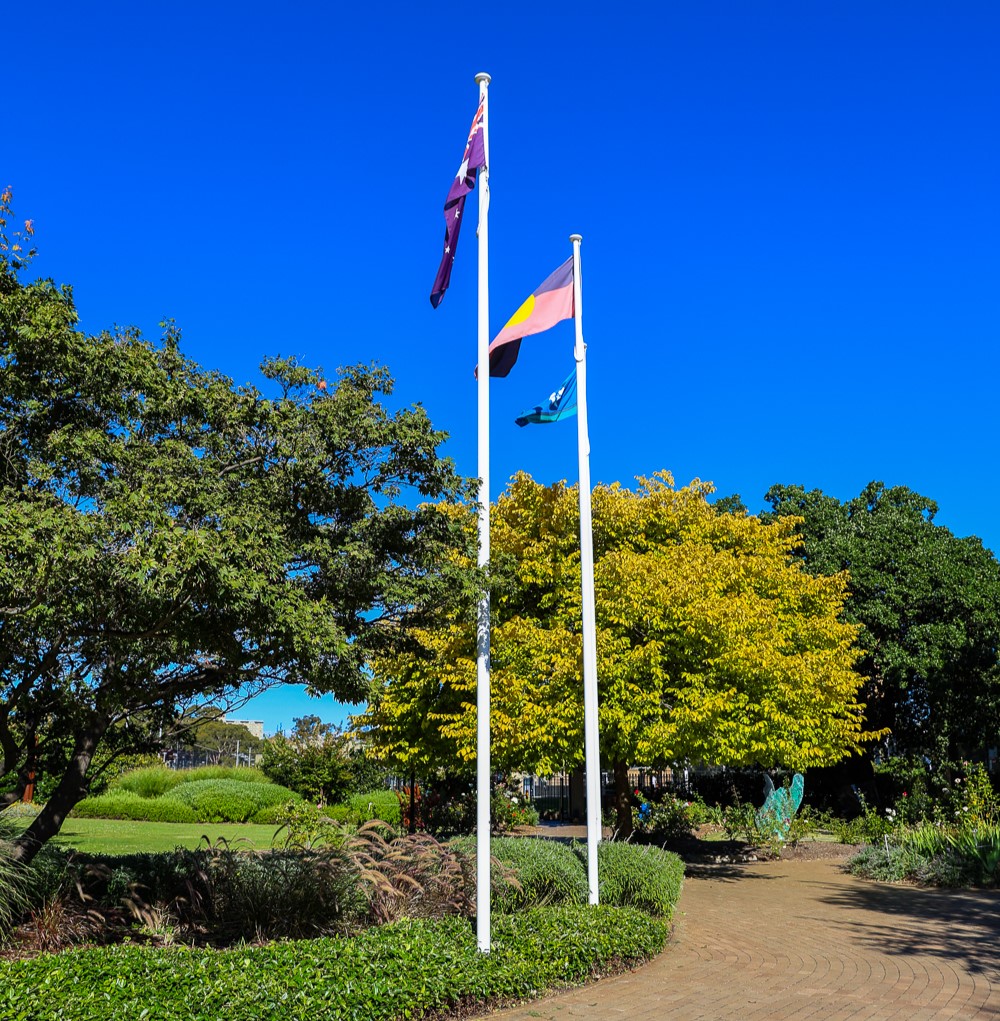
Nakata Brophy 'longlist' announced
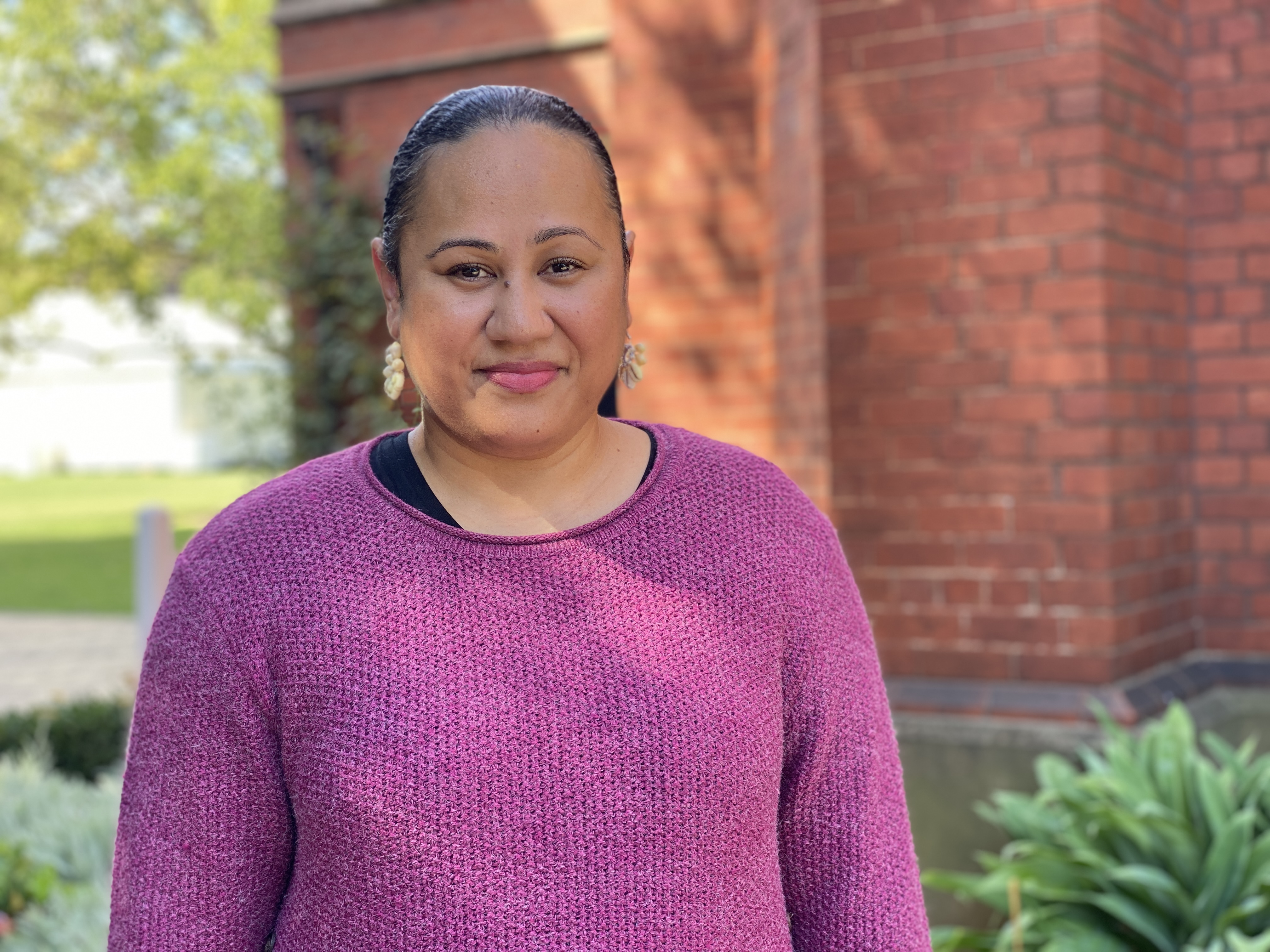
Meet Mariana Waqa, the accidental theological scholar
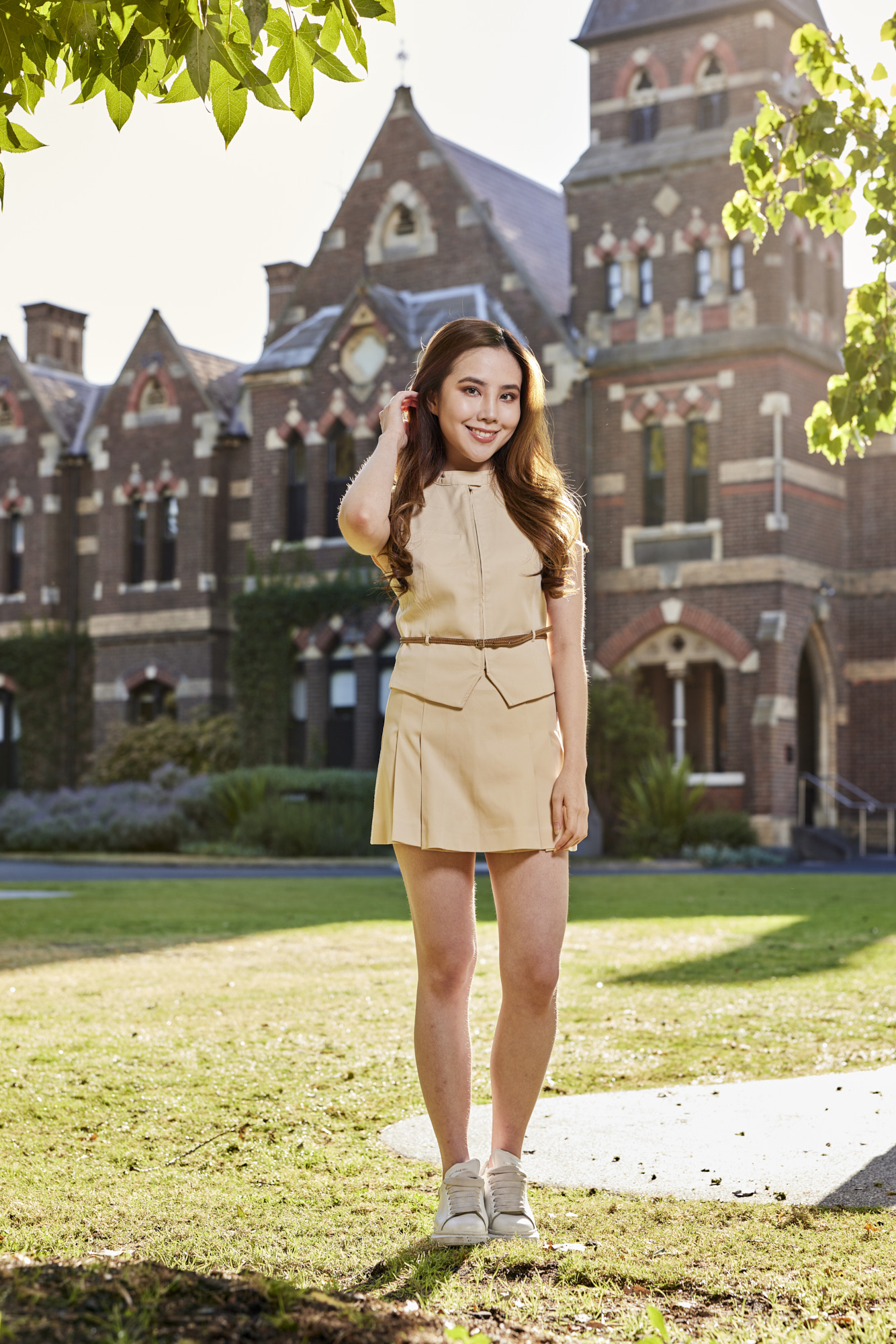
Meet Agatha Chelsea – Indonesian superstar and Trinity College graduate
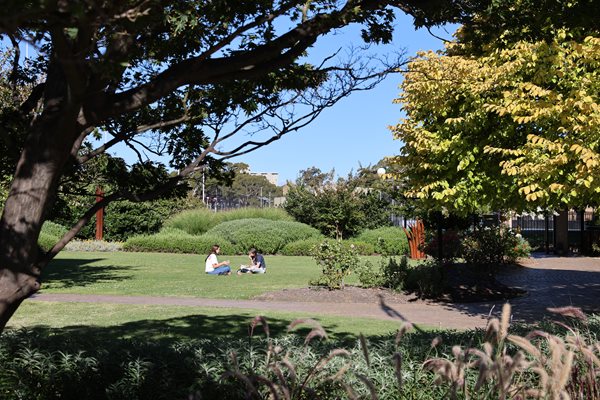
Learn about the Wellbeing and Inclusivity Committee at Trinity
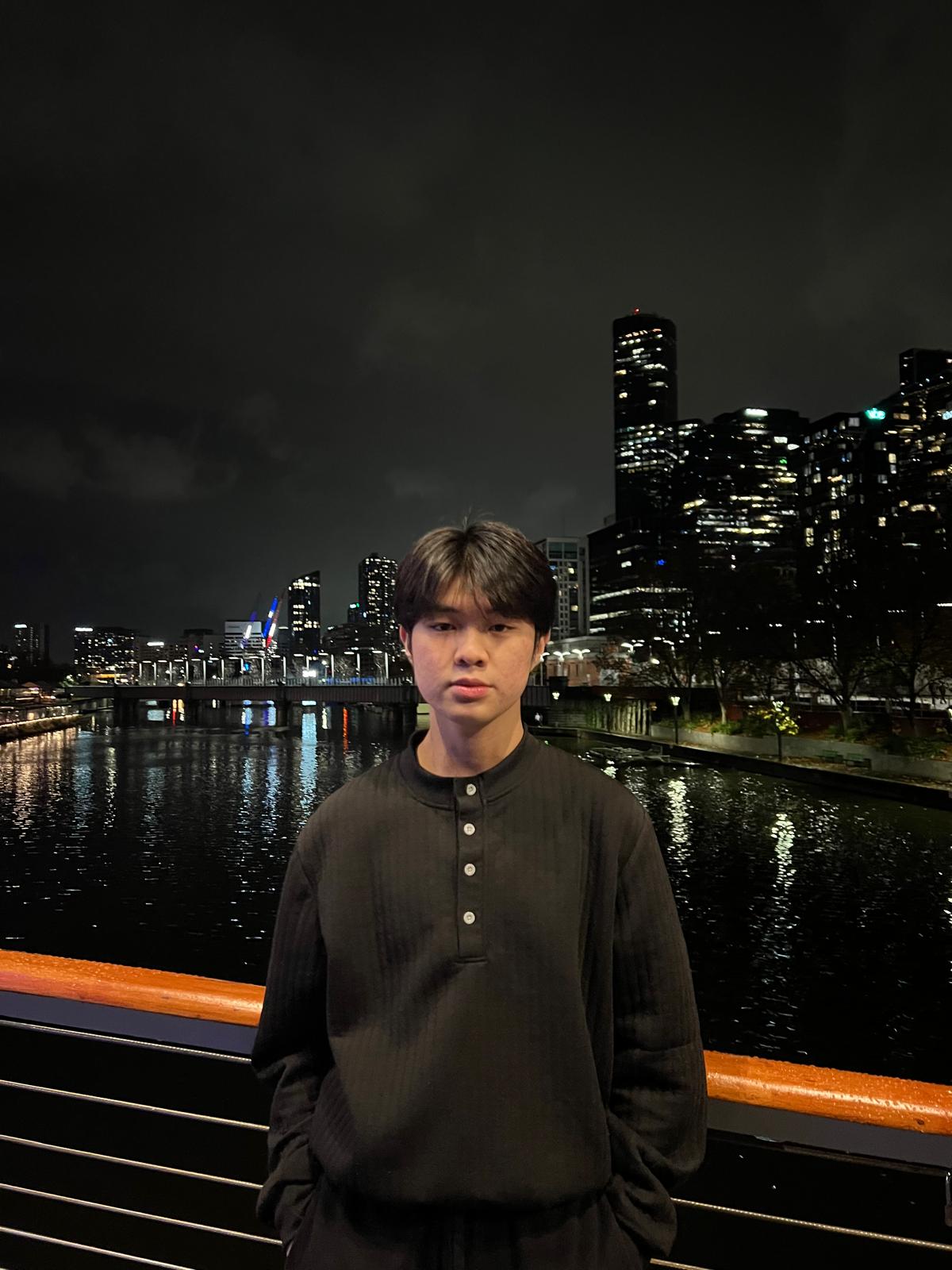
Meet Michael Dharmawan, a Trinity Foundation Studies dux in 2024
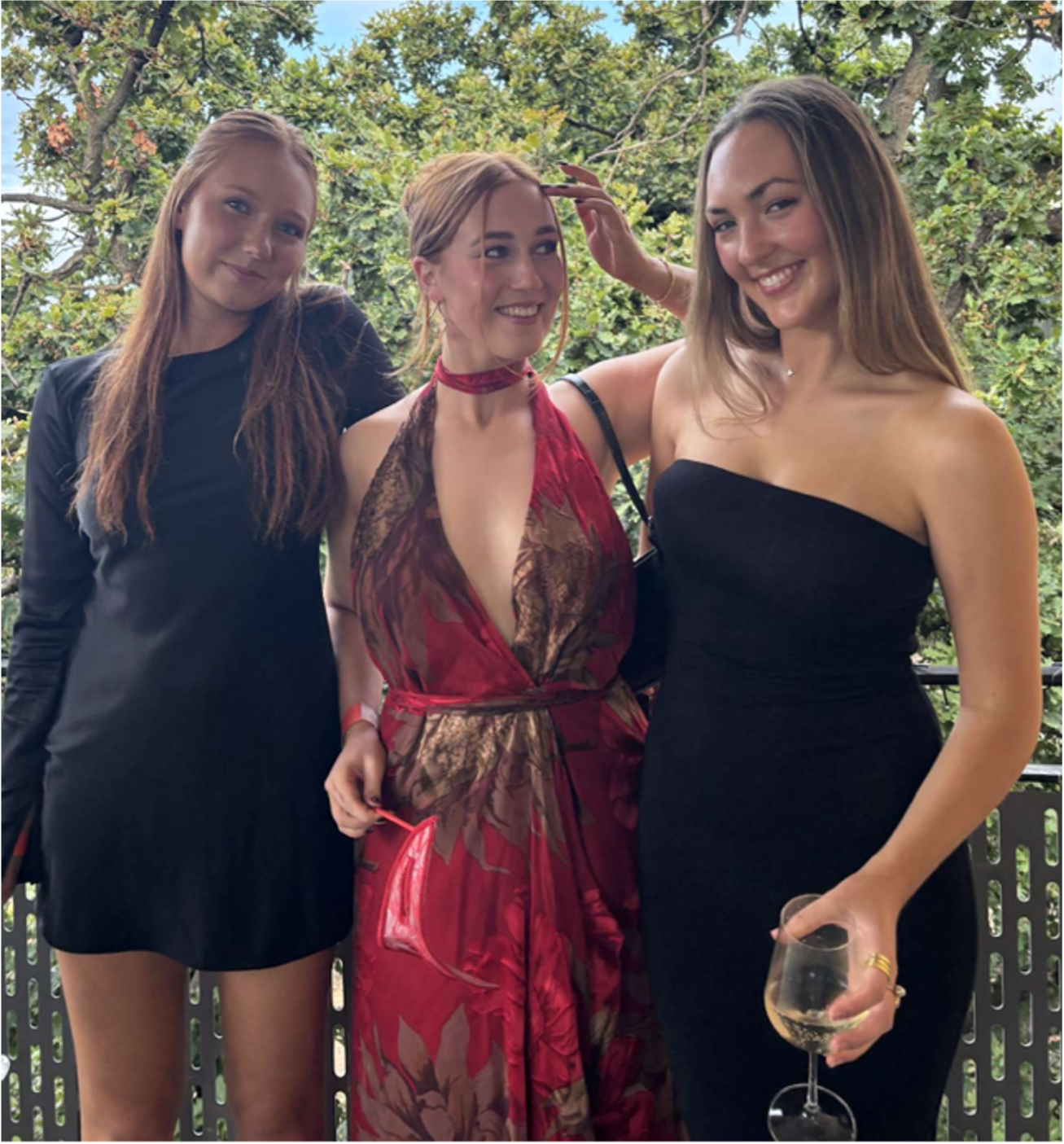
From Albury to Melbourne: Rosie Bradford's story
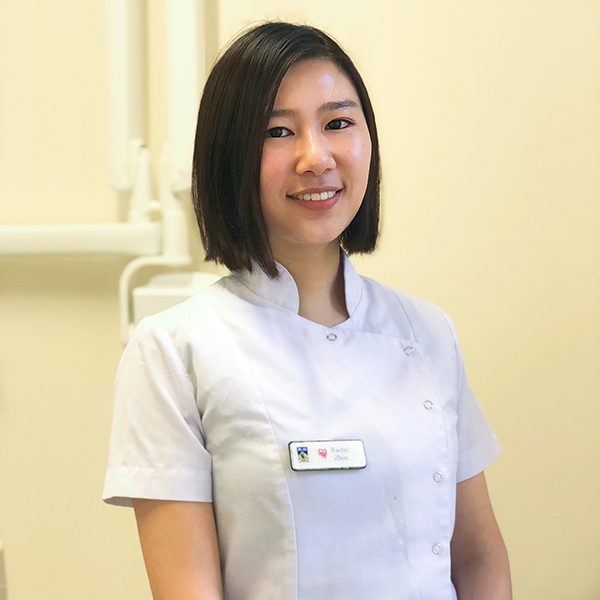
Foundation Studies alum Rachel Hongxun Zhou
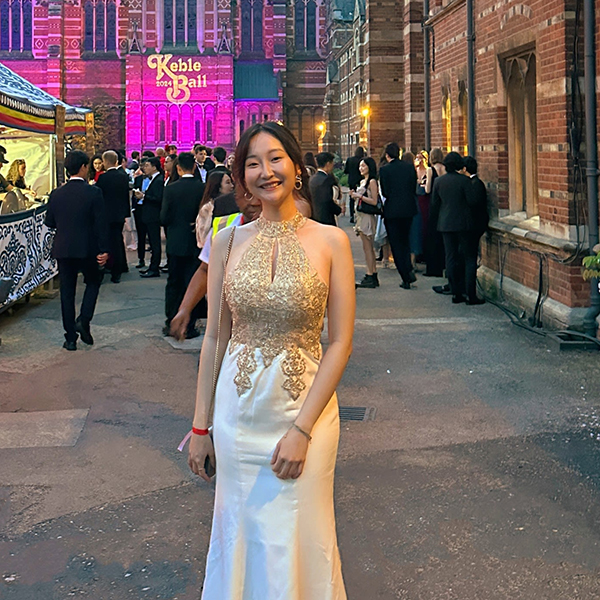
From Foundation Studies to the Residential College to Oxford: Xinran’s story
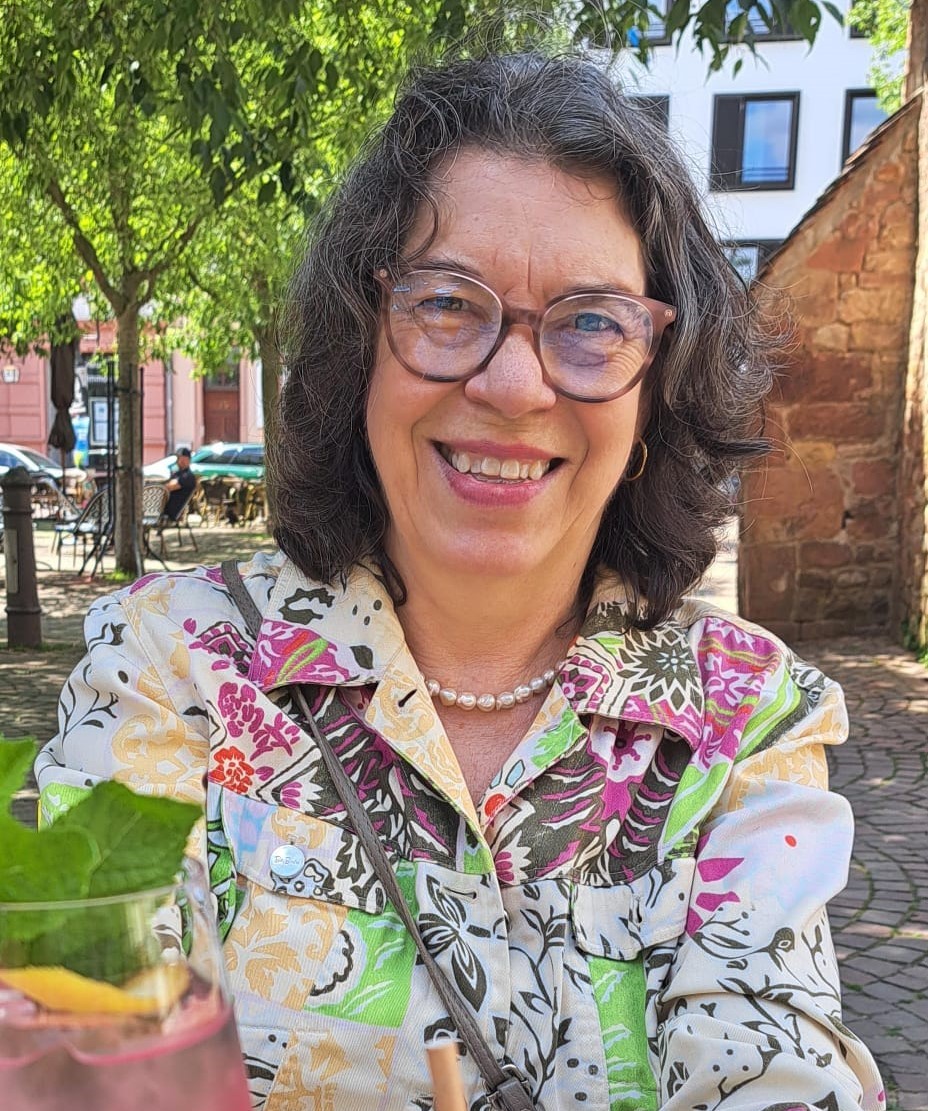
Meet visiting professors Emeritus Dr Dagmar and Dr Jürgen Eichberger
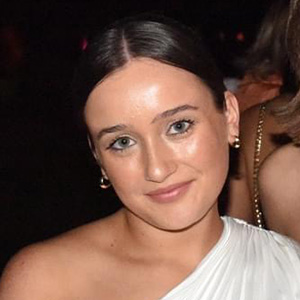
From the surf coast to Melbourne
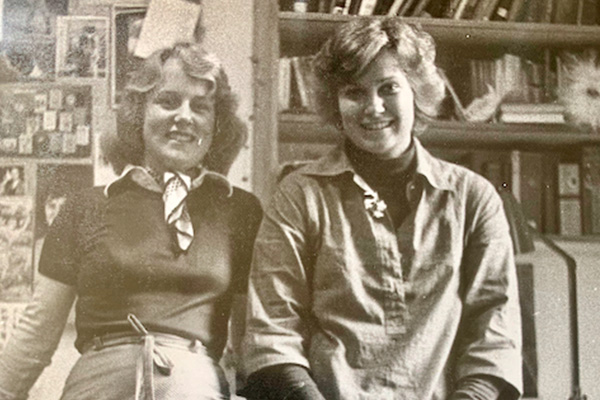
1974 vs 2024 for a woman at Trinity: what’s changed and what’s stayed the same?
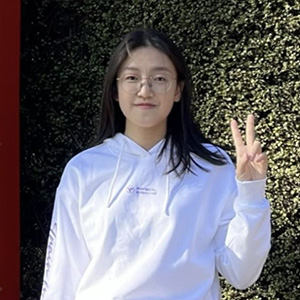
Meet past FS student Yuxuan Li
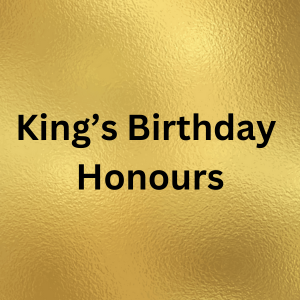
King's Birthday Honours 2024

Meet Trinity's aspiring art curator Seb Moore
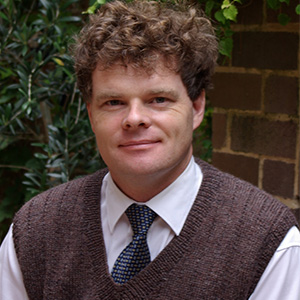
Meet Paul Oslington, Trinity alum and Director of the St James’ Institute, Sydney
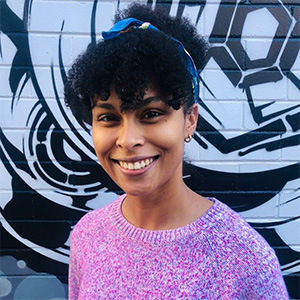
Meet Nakata Brophy prize winner Jasmin McGaughey
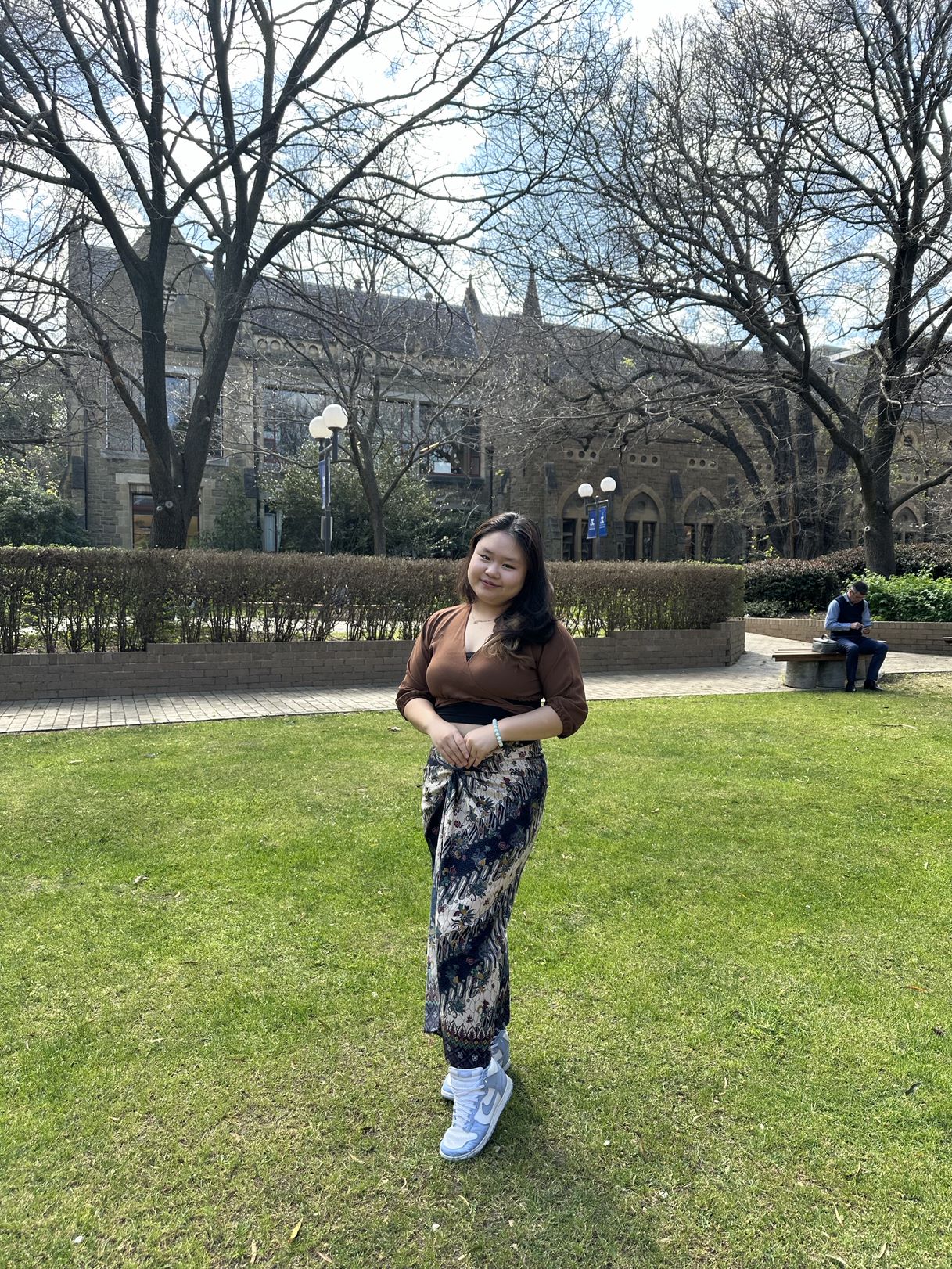
Meet Foundation Studies student Gabriella Sim
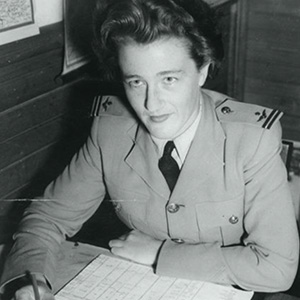
Anzac Day 2024 – Trinity stories
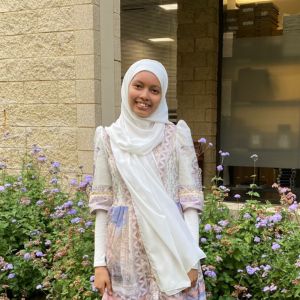
Meet Foundation Studies student Hanadi Alabdouli
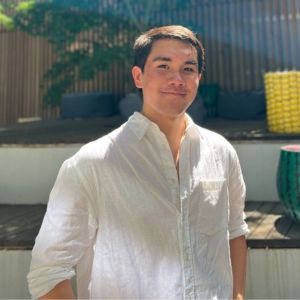
Meet Foundation Studies student Miguel Valmayor
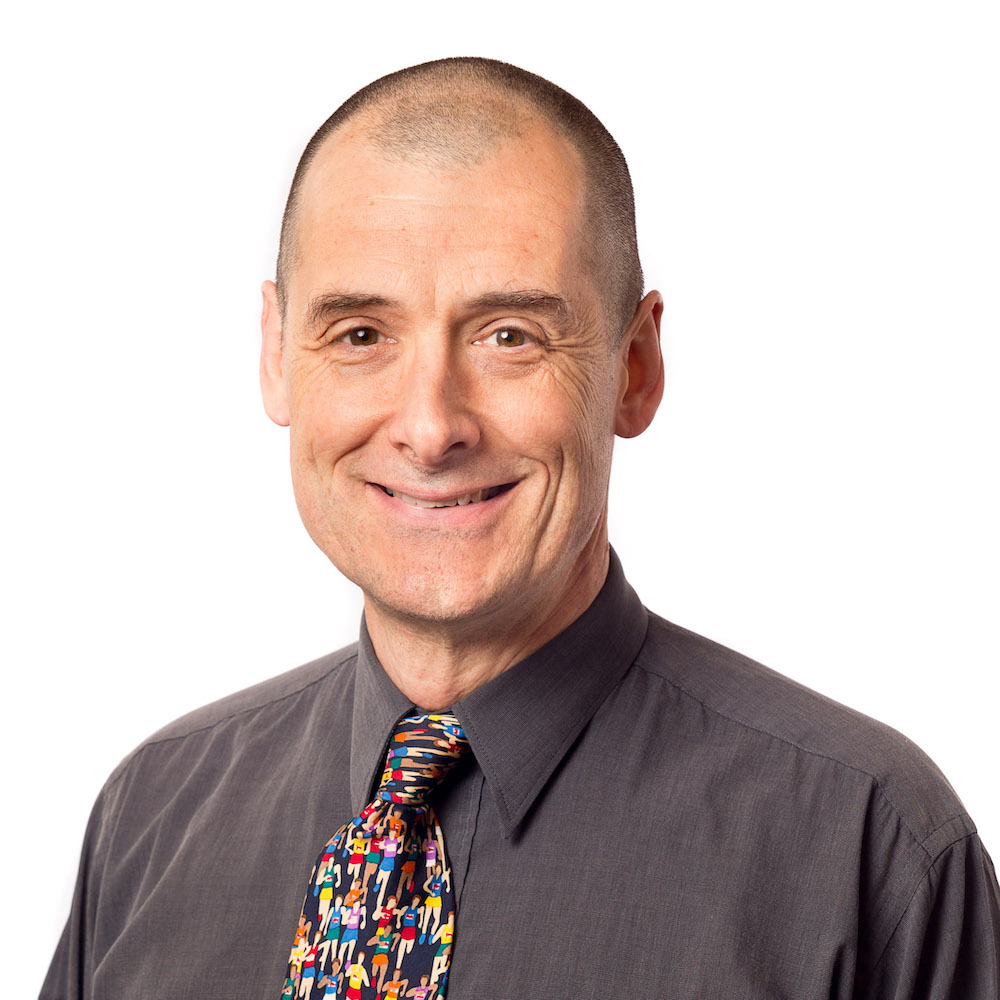
Guest preacher Chris Mulherin on the intersection of science and religion
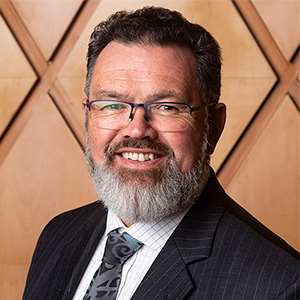
Meet visiting professor the Hon Justice Joe Williams
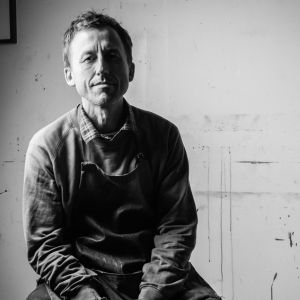.jpg?width=300&height=300&ext=.jpg)
Visit David Frazer's new exhibition: All that you've loved
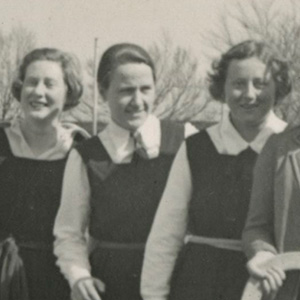
Pioneering women and the story of Janet Clarke Hall
.jpg?width=300&height=300&ext=.jpg)
Meet Gemma and Frederik Le Mesurier
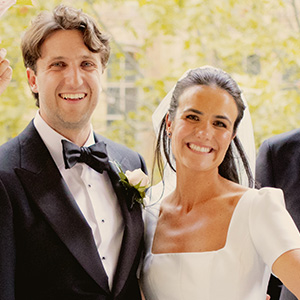
A love story for Valentine’s Day: Matt Hargreaves and Kirsten Callander
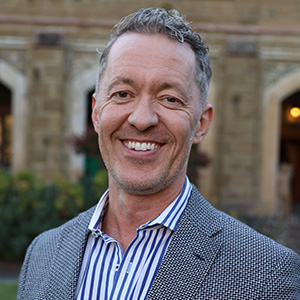
Announcing our 2024 Alum of the Year
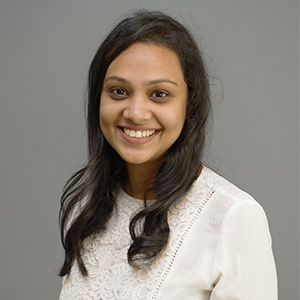
Meet economics teacher Tharushi Nissanka
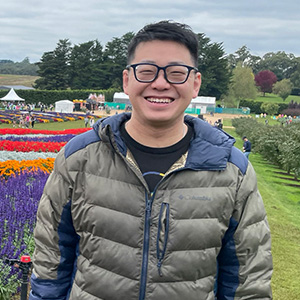
Meet maths teacher Hao Weng
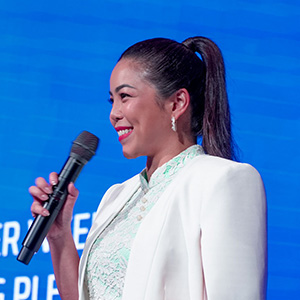
Charmaine Yee named our 2023 FS Alum of the Year
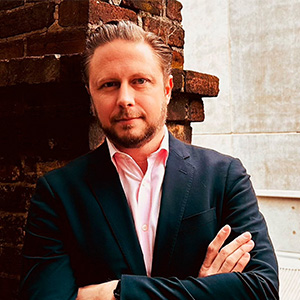
Meet English lecturer Jake Breaux
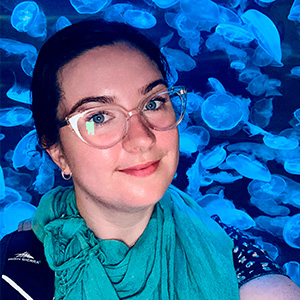
Meet English teacher Catherine Roberts
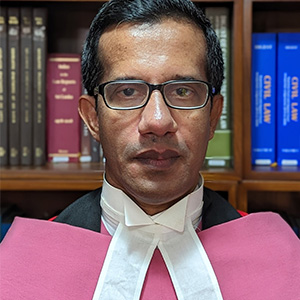
The work of visiting professor Justice Janak De Silva
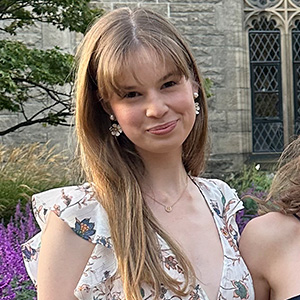
Moving to Trinity from overseas: Katie's story
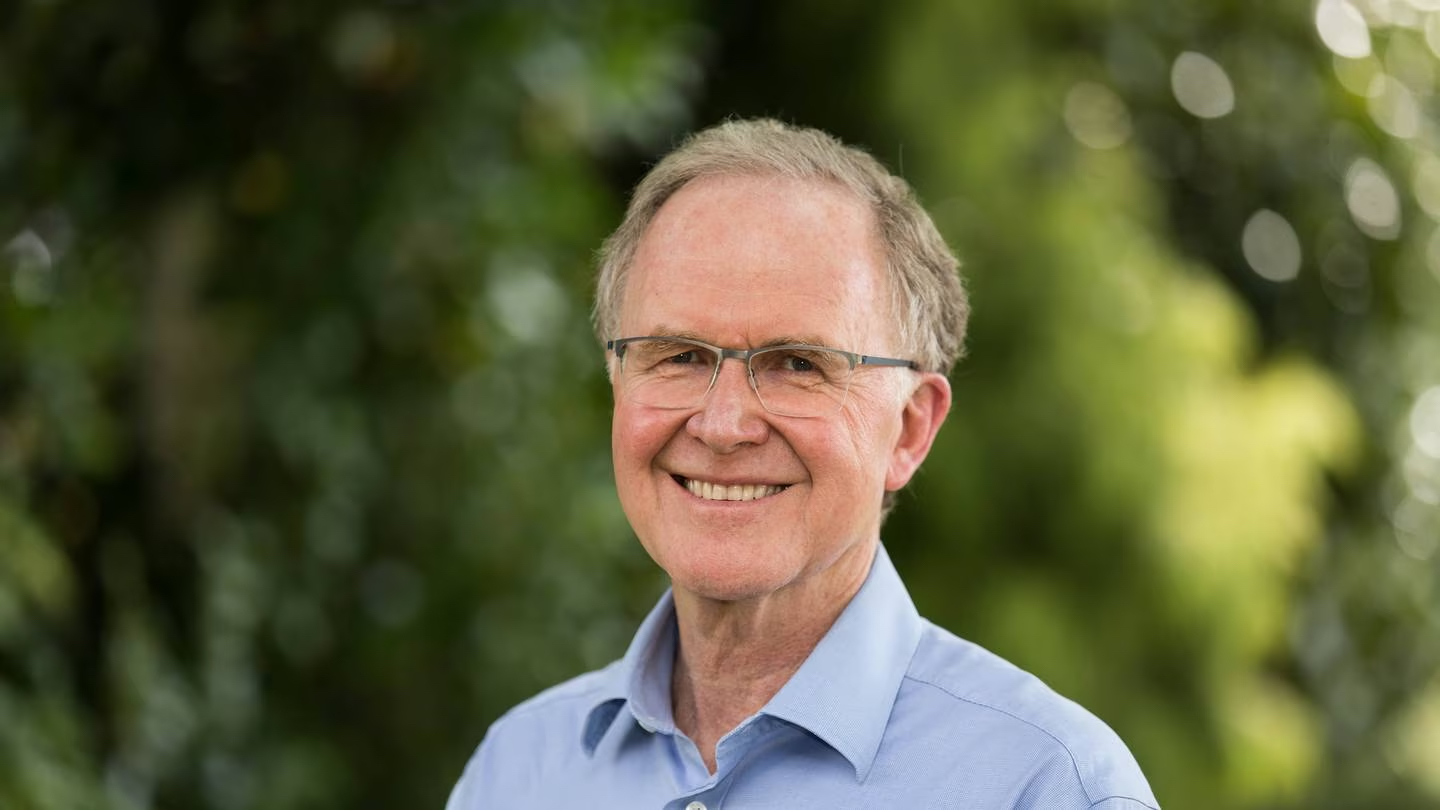
Meet visiting professor Ron Paterson
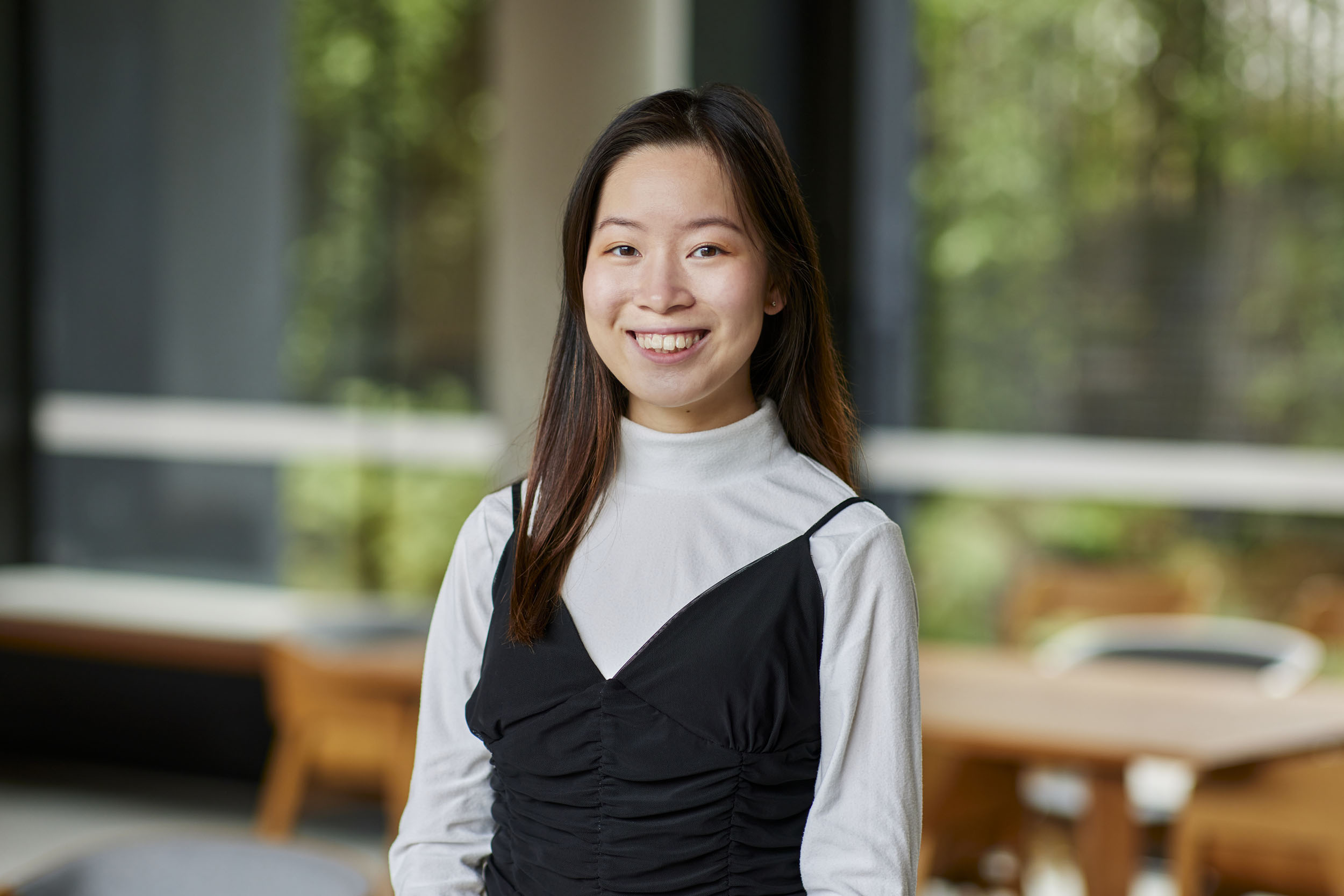
Meet Admissions Coordinator Wendy Ngaturi
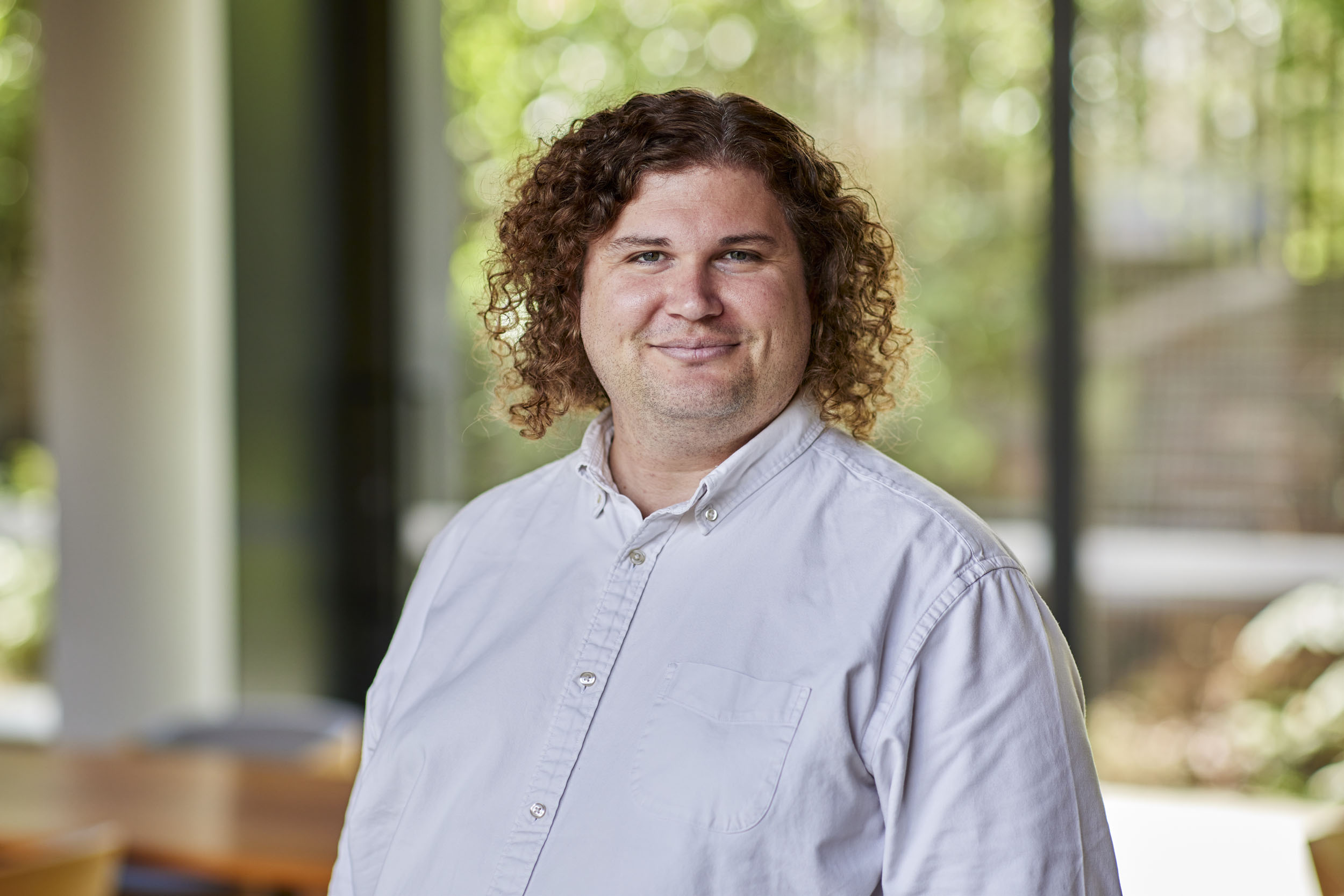
Meet Academic Programs Manager Michael Pickering
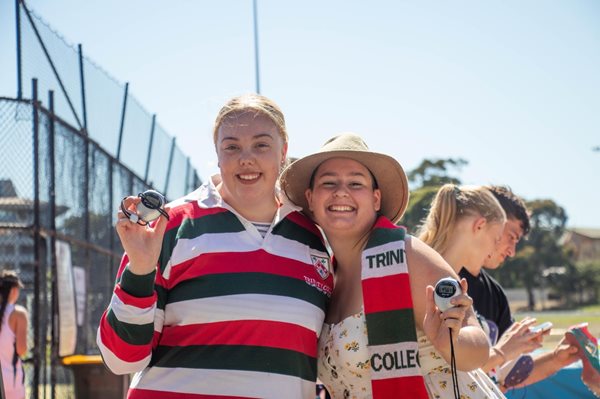
Kate Beggs’s journey from the Great Ocean Road to the heart of Melbourne city
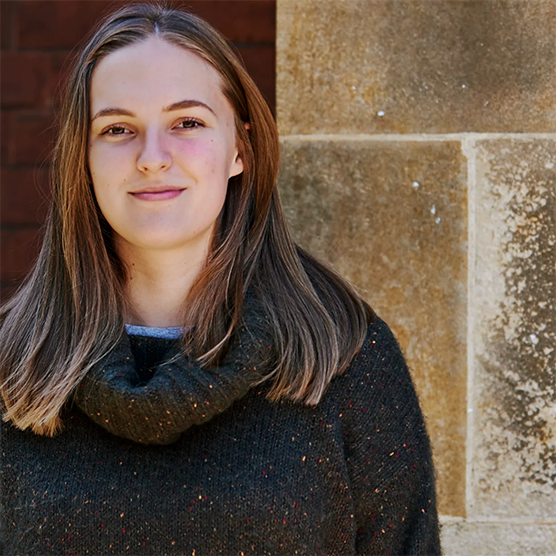
Pursuing a creative passion: from Trinity to Edinburgh to New York
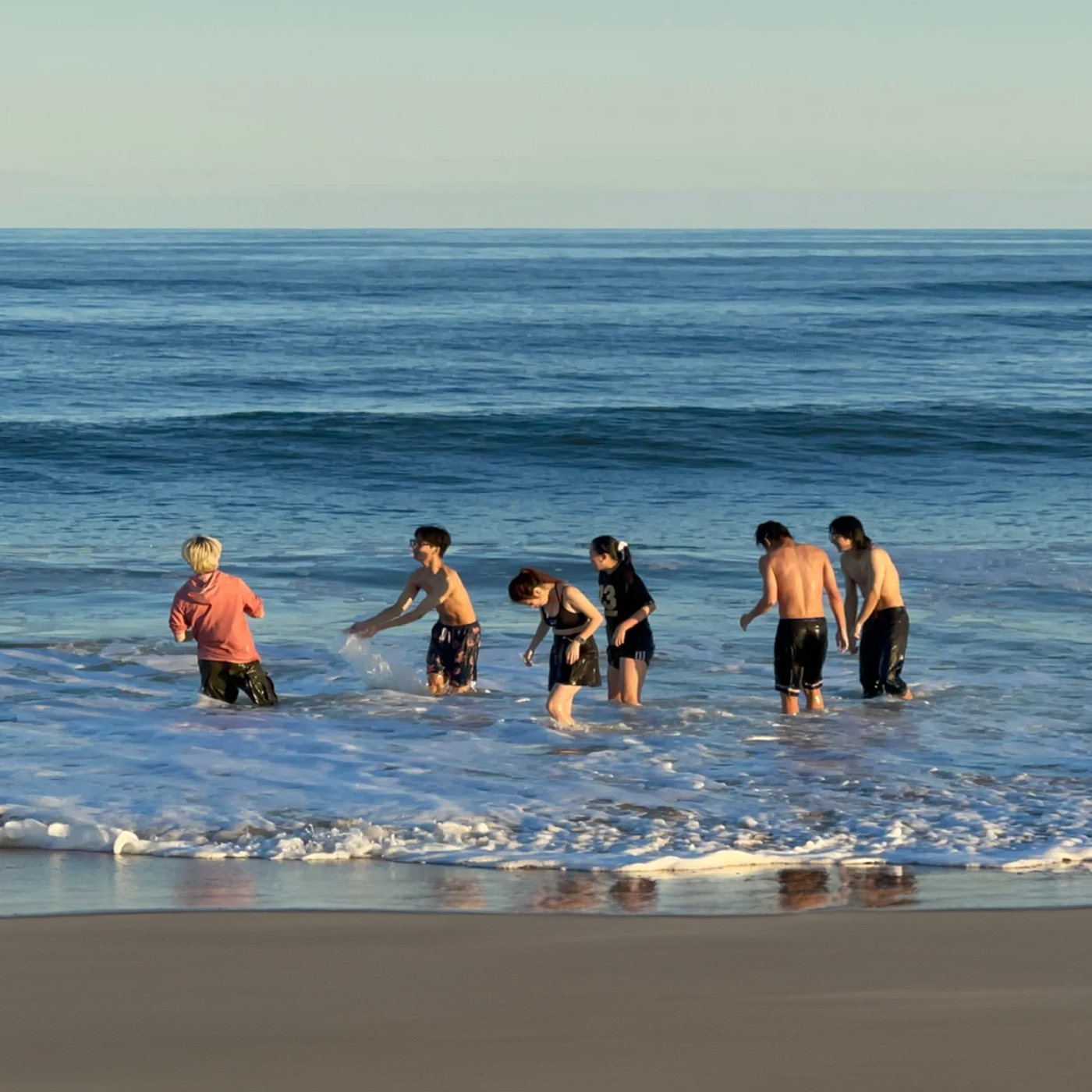
Meet former Foundation Studies student Valerie To
Celebrating IDAHOBIT
Keep the doors open for the future
Trinity Choir tour Europe showcasing international talent
Communicating a new science story
Trinity's Kitchen team: A well-oiled machine
Precious Rametsana: Improving lives through financial empowerment
Former Trinity Warden appointed Head of St Paul’s College, the University of Sydney
Star Trinity athletes awarded Full Blues
Kay Attali – The ‘bloodhound’ with a big heart
Networking your way to a new path and passion
Catching up with Charmaine Yee
Catching Up with Dr Maureen Vincent
Alumnus Of The Year Award Announced
-
News & Stories
- Our Theological School Student President's mission to champion a spiritual and welcoming environment
- Jack reaps the rewards after taking a leap of faith on Trinity College
- Trinity alum named in King's Birthday Honours 2025
- Trinity Deputy & Academic Dean appointed Fellow at Center of Theological Inquiry
- Meet Trinity's aspiring art curator Seb Moore
- Trinity College offers its congratulations to newly elected Archbishop of Melbourne, the Right Reve
- Events
- Art
- Music & Choir
- Campus Development Projects
- Visiting Scholars & Lectureships
- Accommodation for Visitors
- Short Programs
- Work at Trinity
